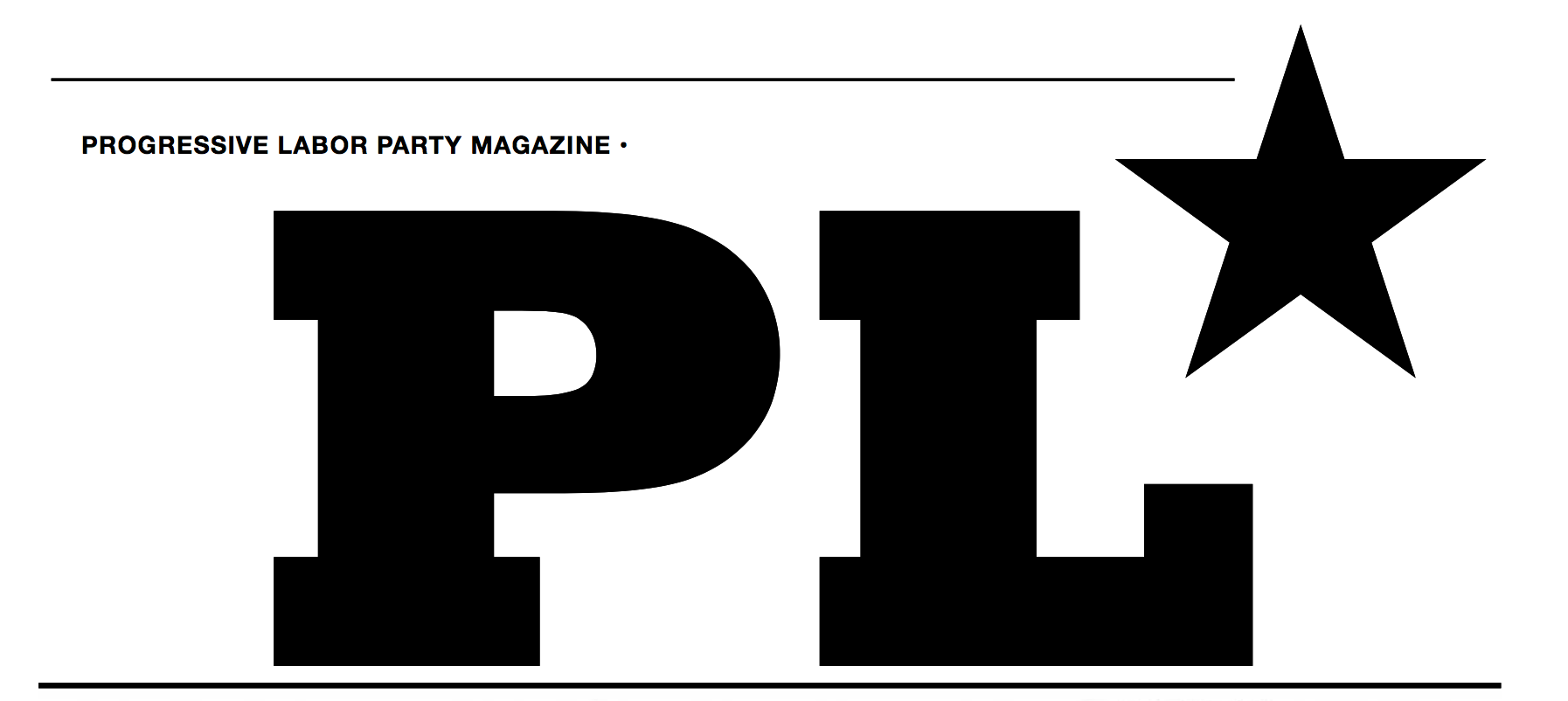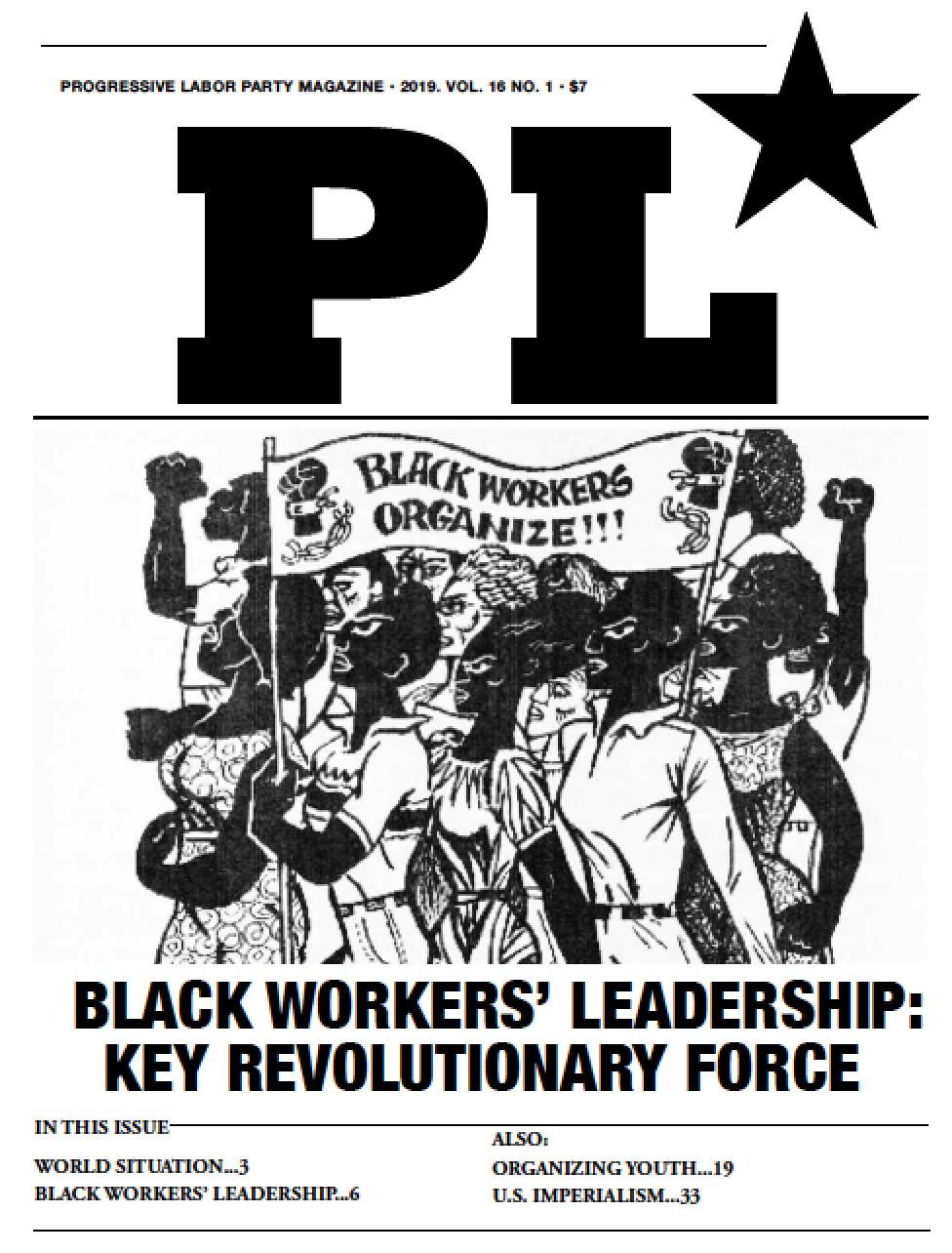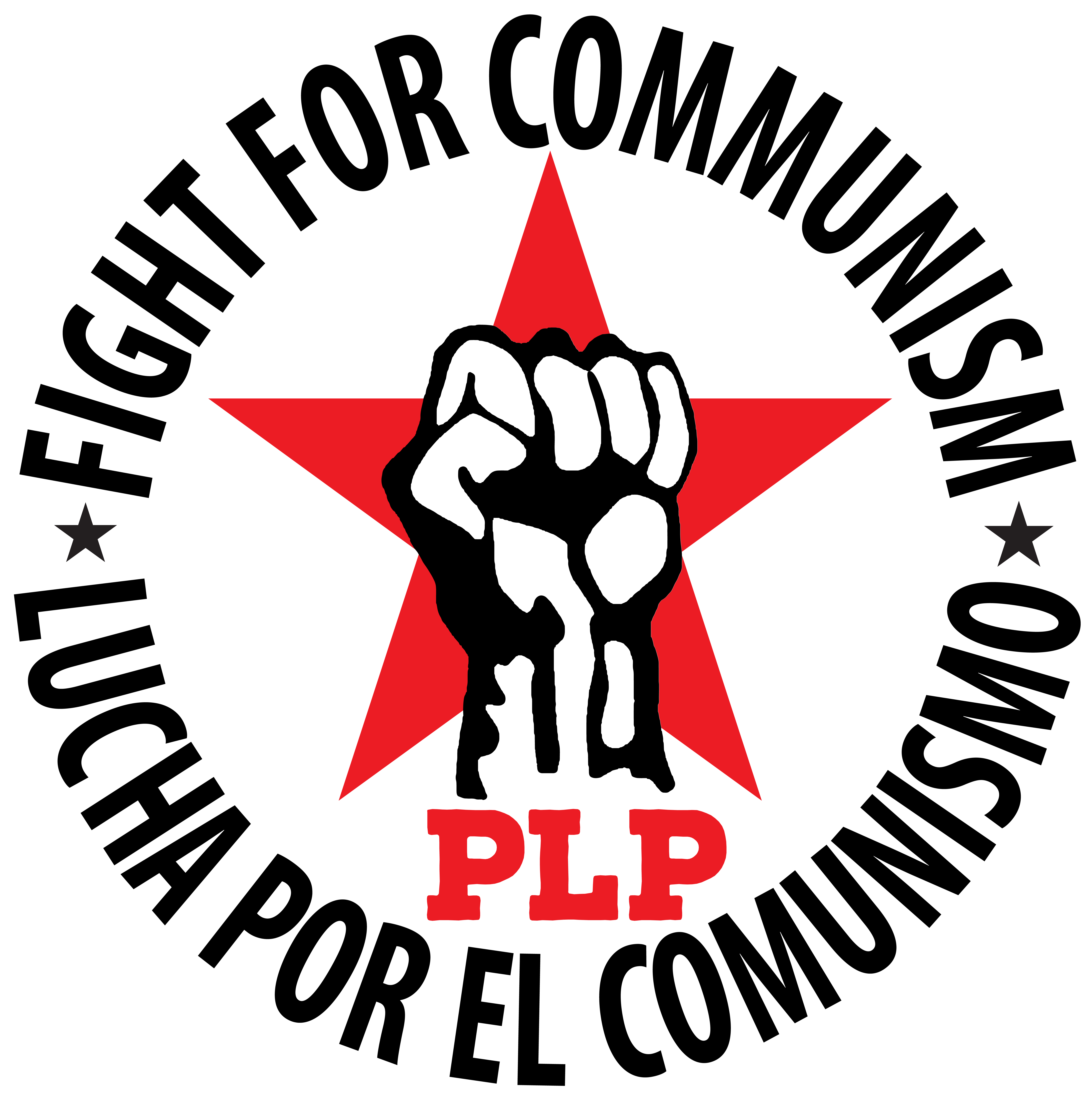Selma: Violent Bosses Push Nonviolence
 Thursday, January 29, 2015 at 1:30AM
Thursday, January 29, 2015 at 1:30AM Selma opens with Martin Luther King, Jr. accepting the Nobel Peace Prize in 1964. The film, and the portrayal of MLK, is consistent in depicting his pacifism. The march from Selma to Montgomery concludes peacefully. Lyndon Johnson said, “This is why I have chosen you, and not Malcolm X, who advocates violence, to lead the movement.” The film footage from the beginning to the end, however, proves that peaceful movements unprepared-for-violence beget violence.
The film advocates nonviolence and using the legal system. King and other mainstream civil rights leaders argued that working inside the system — by allying with “lesser-evil” bosses and going through the courts and laws — would win the fight against racism. King and others take on collaborationist positions, in which they exploit workers’ anti-racist fights to spread reformist illusions about elections, pacifism, and a seat at the bosses’ table.
Nonviolence is the belief that workers should accept all violence committed against them by the capitalist state and not fight back. The belief is that the rulers’ conscience will prevail and they will stop the violence against workers. This is what the bosses love about nonviolence: it disarms the working class from fighting back. History has proven many times the rulers have no conscience, i.e., slavery, racist police murder, and imperialist wars.
Pacifism vs. Mass Class Violence
“Negotiation, demonstration, and passive resistance” is King’s mantra in pressing for the right to vote. The barriers to vote are clearly part of a much bigger legal system. The film bears out the truth of the statement, “The cops, the courts the ku klux klan, all a part of the bosses’ plan.” Five hours after King’s speech, Viola Liuzzo drives a few marchers back to Selma, the subtitle states that she is murdered by the KKK.
Following the brutal beating by the cops of restaurant patrons (some were marching as King was away at a meeting) and the murder of Jimmie Lee Jackson, King visits Jimmie’s grandfather. He says, “God was the first to cry.” This statement contrasts sharply with a Black worker’s reaction to the beating of hundreds on the first crossing, known as of the Edmund Pettus Bridge (named after a Southern KKK leader and U.S. senator) out of Selma and the subsequent murder of Malcolm X: “We need guns” (see page 7).
King responded that they couldn’t win if he kills two racists and the racist government kills ten. King’s limited vision couldn’t see the power of an armed, organized working class, let alone a strategy to defeat the whole capitalist system, and so he silenced other militant voices.
Failure to Defy the Bosses
The second march on the bridge showed clearly King’s inability to confront U.S. ruling class and state. The troops were ordered to pull back. But King’s “instinct,” as James Reed, a Unitarian minister put it, told him there might be an ambush leading to more bloodshed of this multiracial march. King turned about after a brief prayer and led the march — this time with one-third white protesters from across the country — to retreat. That night, James Reed was beaten to death by Selma racists.
Only when the 50-mile march was approved — after a hearing with those victims of previous assaults as witnesses — did King make serious plans to march all the way. There is an imagined conversation between outright racist Alabama governor George Wallace and liberal racist U.S. president Lyndon Johnson before the march. The two politicians deny to each other who has the greater watch over voting rights, the President, the Governor, or, indeed, the racist registrars. Johnson declares that he doesn’t want to go down in history with the same identity as Wallace and was forced to sign the Voting Rights Act, which removed the most overt barriers to Black workers voting.
The film’s climax conveys that Johnson’s signature on the Voting Rights Act, not militant struggle, will improve the lot of Black workers. Fifty years later, Black workers still suffer from the vicious racism by the kkkops, courts, and bosses. King’s statements “we don’t fight” and Johnson’s backing (“he’s non-violent”) remain the theme of Selma. Two men close to King, Andrew Young and John Lewis, both believers in nonviolence, were highlighted after the film’s conclusion as achieving prominent government positions. They went on to fool many workers into revamping the very system that oppresses them.
Yet, actions speak louder than words. King was killed five months later when he acted to support the demands of the Memphis sanitation strikers. Two of the men had been crushed to death by faulty trucks. Mayor Loeb refused to make repairs or to raise the poverty-level wages that kept many of the workers on welfare. For King’s leadership of striking workers, criticism of the Vietnam War, and demanding the rights of white and Black workers, he shall be remembered throughout history.
After King’s assassination the front page of Challenge said, “Nonviolence is Dead, Organize!” What is never reported now in the media is that mass rebellions in scores of cities against tanks and troops deployed in the streets forced the U.S. ruling class to enact reforms such as voting access and antipoverty programs.
Ultimately, the bosses evoke King as a hero because he represents tactics that do not pose a vital threat to the root of racism: capitalism. The rulers would rather have nonviolent marches and negotiation with politicians than rebellions like Ferguson. Workers need revolutionary violence organized by a mass communist Party. Workers need not one but millions of heroes who lead by serving our class for a communist world.





 Progressive Labor Party (PLP) fights to destroy capitalism and the dictatorship of the capitalist class. We organize workers, soldiers and youth into a revolutionary movement for communism.
Progressive Labor Party (PLP) fights to destroy capitalism and the dictatorship of the capitalist class. We organize workers, soldiers and youth into a revolutionary movement for communism.




Reader Comments